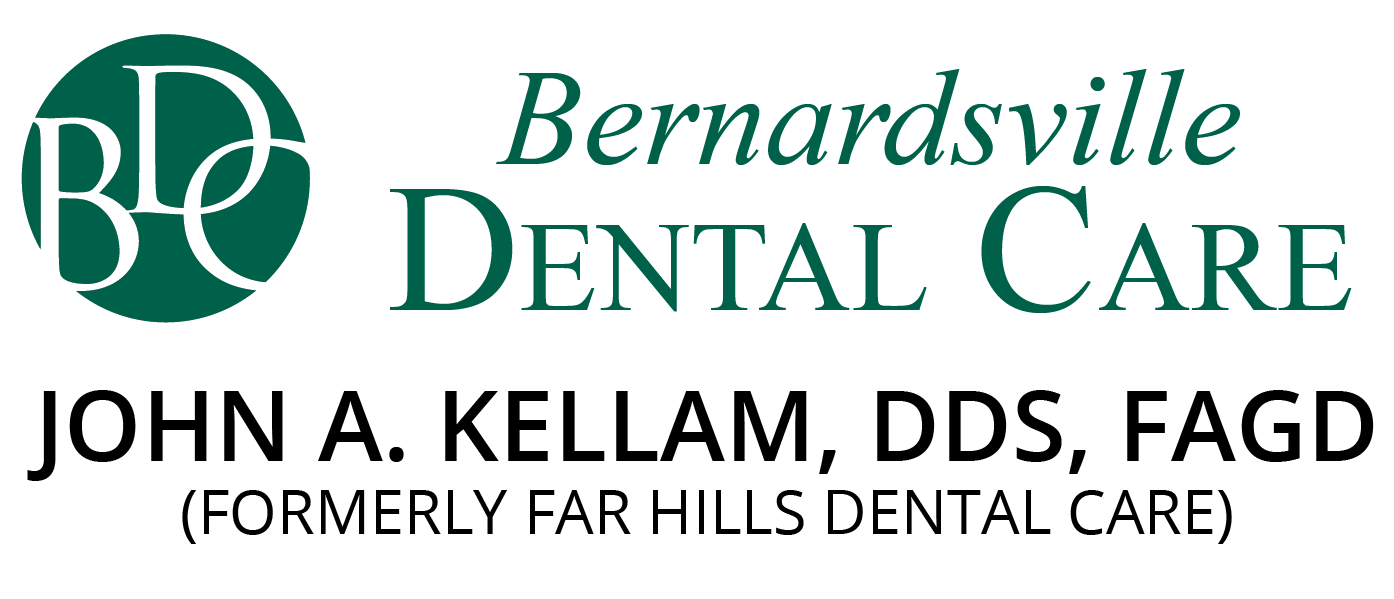Temporomandibular Disorder (TMD)
Temporomandibular joint (TMJ) disorders can affect people of all races and ages, and are caused by many factors. Each patient’s treatment is personalized, and is based on your specific needs. Specific treatment factors may include: controlling oral behaviors, physical and thermal (sensitivity to pressure and temperature) considerations, as well as medicinal therapies.
Oral Exercises and Nutritional Changes
Dentists recommend exercises designed to diminish tension within the jaw muscles and persistent exhaustion, which the patients may do at home as part of an all-inclusive TMJ treatment plan. Smaller bites of softer foods help keep stress to a minimum while allowing the patient to avoid opening the jaw wider than necessary. Keeping the diet free of excess caffeine and other stimulants can also aid with the healing process.
Appliance Therapy
Detrimental habits may form over the course of a patient’s life. Appliances made of materials such as acrylic are often used to correct these practices. One type of mouthpiece frequently prescribed is designed to keep the upper and lower arches of teeth from making contact when the patient’s mouth is closed. Dentists prefer this type of device over others because of the effect it has on controlling the grinding (bruxism) of teeth.
Temperature Control Therapy
Many patients find relief in using heat and cold applied directly to the affected area. This method can be used in conjunction with corrective appliances. Using alternating applications of warm and cold compresses are effective in relieving pain in jaw muscles. Most people find that moist heat is most effective, and provides long-lasting relief.
Medicines
Some cases warrant the use of medications in conjunction with other treatment. In these extreme instances, the first regimen is the use of over-the-counter drugs to relieve pain and inflammation. When these prove less than effective, stronger pain medications and muscle relaxants can be prescribed. The use of these medications is usually executed in cooperation with family doctors who are attending to the patient’s needs. All patients are carefully supervised throughout the course of therapy.
TMJ can be detrimental to a person’s daily life. The pain and stress associated with the disorder can make daily life difficult for those who suffer from the affliction. Whether behavioral, medicinal or through the use of a physical device, treatment for temporo-mandibular joint disorder can provide many patients a measure of relief. A dentist can effectively address any issues associated with TMD discomfort. Several methods of therapy are available and are always tailored to the specific needs of each patient.

